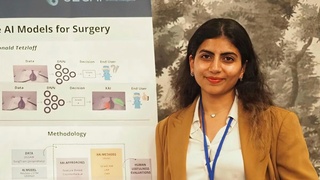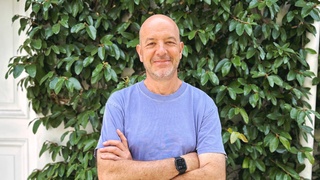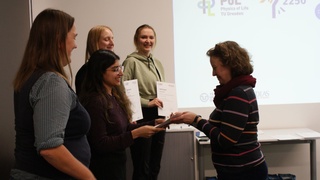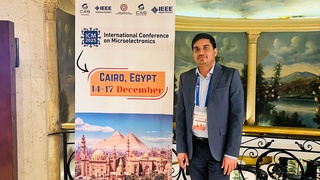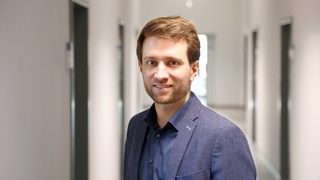March 31, 2023
SECAI Releases Its First Annual Report
On May 18th, 2022 the German Academic Exchange Service (DAAD) announced the three winning proposals that should be funded to establish Germany’s new Konrad Zuse Schools of Excellence in AI. For SECAI, this marked the start of a short but busy first year. Now the annual report looks back on the key events of 2022 and gives an impression of the many facets of activity in the newborn School of Embedded Composite AI.
The hiring of the first cohort of members of the Graduate School represents a milestone for SECAI. With almost a hundred applicants, the first recruiting round had been extremely successful, and SECAI could welcome twelve new members. "It is a pleasure to see the abundance of expertise across research areas and nationalities that our new members bring to SECAI," scientific coordinator of SECAI Philipp Hanisch cheers. In addition to its Graduate School, another major instrument of SECAI’s teaching support is the awarding of scholarships to talented students in AI-related programs. A first call for applications has been published in November and thanks to a fast selection process and an efficient administration, the first scholarships could start within the same month.
International collaboration with leading institutions in AI research and teaching is another central objective in SECAI. In December, one such new collaboration to Carnegie Mellon University (CMU) has been put on track. In particular, it is planned to foster exchanges and joint research of PhD students in machine learning and mathematical statistics. In SECAI, these activities are coordinated by Fellows Sayan Mukherjee and Max von Renesse. At CMU, the efforts are planned by Dejan Slepčev of the Department of Mathematical Sciences.
For more key events happened in 2022, scientific awards achieved, people involved in SECAI, research and teaching supported, and further information, read the SECAI Annual Report.

